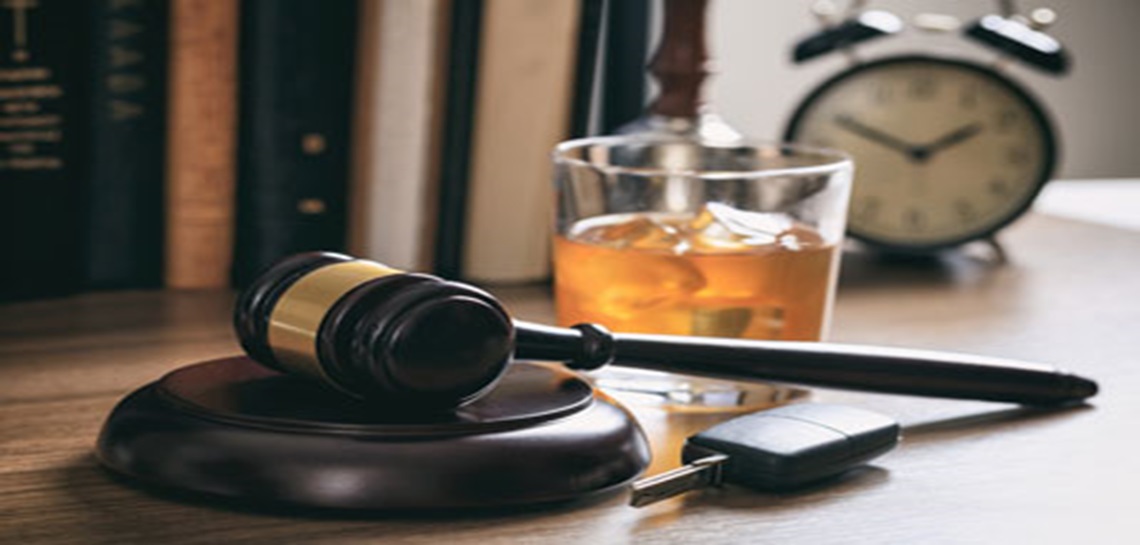
The answer depends on the circumstances surrounding the case. A first-time DUI offense is considered to be a serious criminal offense for which a DUI attorney may guide you.
They will protect your rights and help fight your short-term and long-term consequences of driving under the influence conviction. (Learn more on when You need a lawyer for a DUI/DWI charge.)Hiring a DUI lawyer for a first-time offense is crucial for several reasons:
- Protect Your Rights: A skilled DUI attorney ensures that your constitutional rights are safeguarded throughout the legal process, preventing infringements during investigations or proceedings.
- Motion to Suppress: A lawyer can file motions to suppress evidence if there are procedural errors or violations, potentially leading to the exclusion of certain evidence in your case.
- Negotiations for Reduced Penalty Charges: Experienced DUI attorneys are adept at negotiating with prosecutors. They may strive for reduced charges or penalties, minimizing the impact on your record and life.
- Receive Legal Advice: Having a DUI lawyer provides you with invaluable legal advice, guides you through the intricacies of the legal system, helps you make informed decisions, and ensures the best possible outcome for your case.
What Is a First Offense DUI?
A first-offense DUI, or driving under the influence, refers to the first time an individual is charged with operating a vehicle while impaired by alcohol or drugs.
Related posts
Facts About Drinking And Driving
Penalties For Driving Under The Influence (DUI)
What Are The Consequences Of a First Offense DUI?
A first-offense DUI can have significant consequences, including legal, financial, and personal repercussions. These consequences may vary depending on the jurisdiction, but common outcomes include:
- License Suspension: One of the immediate consequences is the suspension of the offender’s driver’s license. This can impact their ability to commute and carry out daily activities.
- Fines: Offenders often face hefty fines as a penalty for their DUI conviction. The amount varies, but it can be a substantial financial burden.
- Probation: A court may impose probation as part of the sentence, requiring the individual to adhere to certain conditions, such as attending counseling or undergoing alcohol education programs.
- Ignition Interlock Device: In some cases, the court may order installing an ignition interlock device in the offender’s vehicle. This device requires the driver to pass a breathalyzer test before starting the car.
- Mandatory Alcohol Education: Completing alcohol education or treatment programs is a common requirement for DUI offenders to address the underlying issue of substance abuse.
- Criminal Record: A DUI conviction results in a criminal record, which can have long-term implications for employment opportunities and other aspects of life.
- Insurance Premium Increases: Auto insurance rates often surge for individuals with a DUI conviction, making coverage more expensive.
- Community Service: Courts may mandate community service as part of the sentence to give back to the community.
What Are Your Legal Options After a First Offense DUI?
Facing a first-offense DUI can be daunting, but individuals have several legal options to navigate the situation and minimize the impact of the charges. Here are some key legal options:
- Legal Representation: Seek the assistance of an experienced DUI attorney who specializes in handling such cases. A knowledgeable lawyer can assess the details of the arrest, challenge evidence, and build a strong defense.
- Review the Arrest Procedure: A DUI arrest must adhere to specific procedures. If law enforcement deviated from protocol during the arrest, it could be grounds for challenging the charges.
- Field Sobriety Test Challenges: Field sobriety tests are subjective and can be challenged. If the arresting officer did not administer the tests correctly or if external factors influenced the results, it can be questioned in court.
- Blood Alcohol Content (BAC) Accuracy: Challenge the accuracy of the BAC test results. Issues with the calibration of testing equipment or mishandling of blood samples can be explored as potential defenses.
- Negotiate Plea Bargain: In some cases, negotiating a plea bargain may be an option. This could involve pleading guilty to a lesser offense, reducing the severity of the penalties.
What Should You Do After Your First DUI Arrest?
After a first DUI arrest, it’s essential to take immediate and strategic steps to navigate the legal process. Firstly, consult with an experienced DUI attorney who can guide you through the complexities of the case. Your attorney will review the arrest details, including the procedures followed by law enforcement, and help you understand your legal options.
Requesting a DMV hearing to promptly address potential license suspension is crucial. Your attorney can assist in navigating this administrative process. Simultaneously, they will begin building a strong defense for the criminal aspect of the case, examining factors such as the accuracy of field sobriety tests and blood alcohol content (BAC) results.
Depending on the circumstances, your attorney may explore negotiating a plea bargain or alternative sentencing options that could mitigate the impact of the charges. Additionally, they may advise you to attend DUI education programs or seek treatment, demonstrating a proactive approach to addressing any underlying issues.
Facing a DUI charge can be stressful, but having an experienced DUI lawyer by your side is crucial for safeguarding your rights and pursuing the best possible outcome. It’s important to remember that each DUI case is unique, and seeking legal counsel early in the process is primary to mounting an effective defense.
